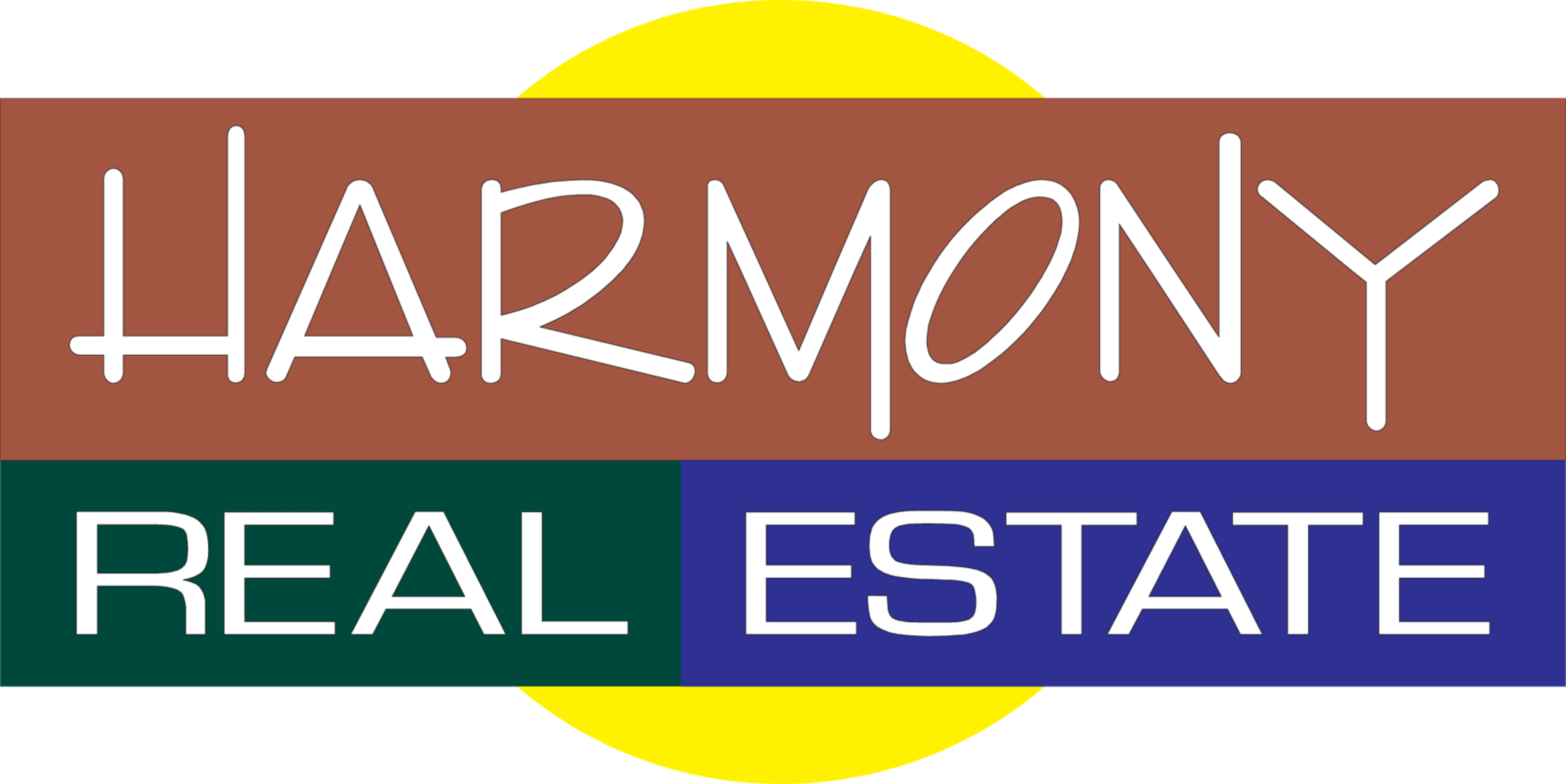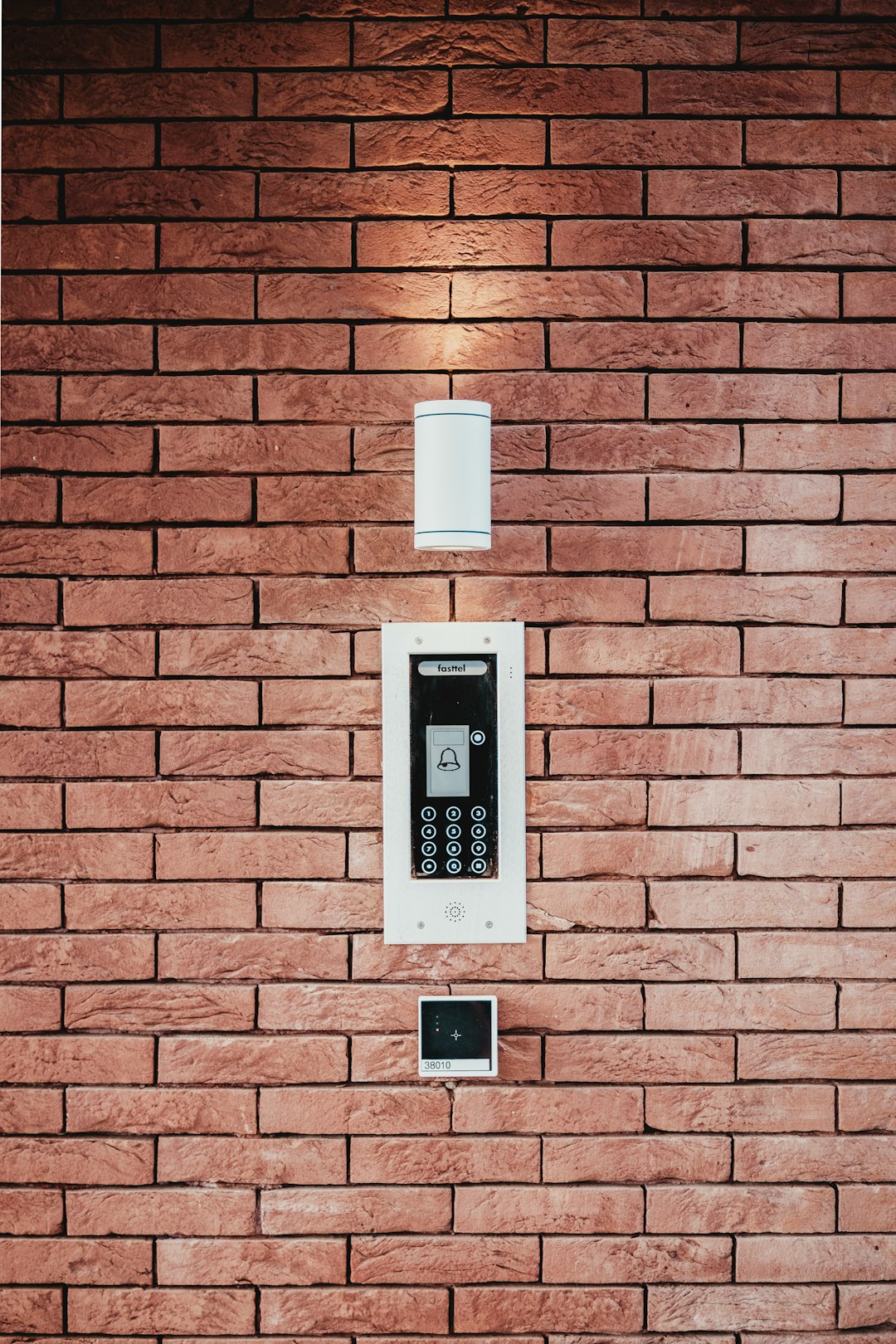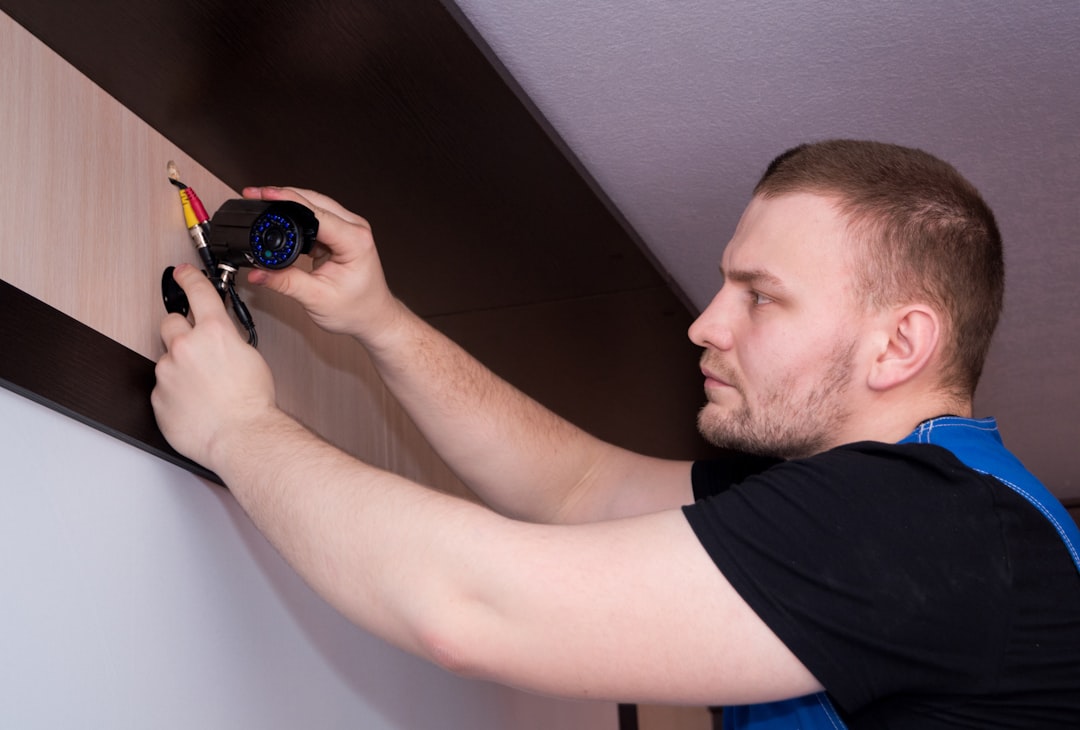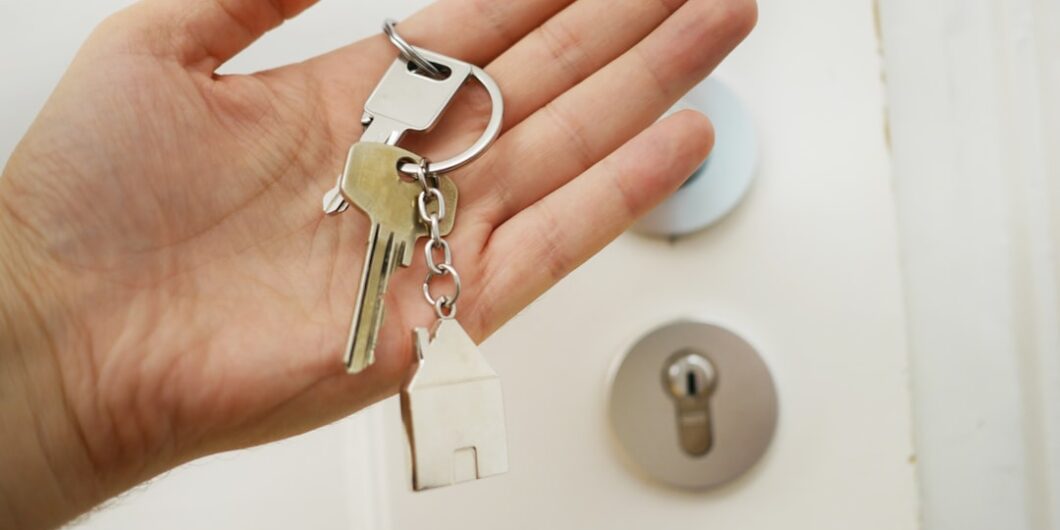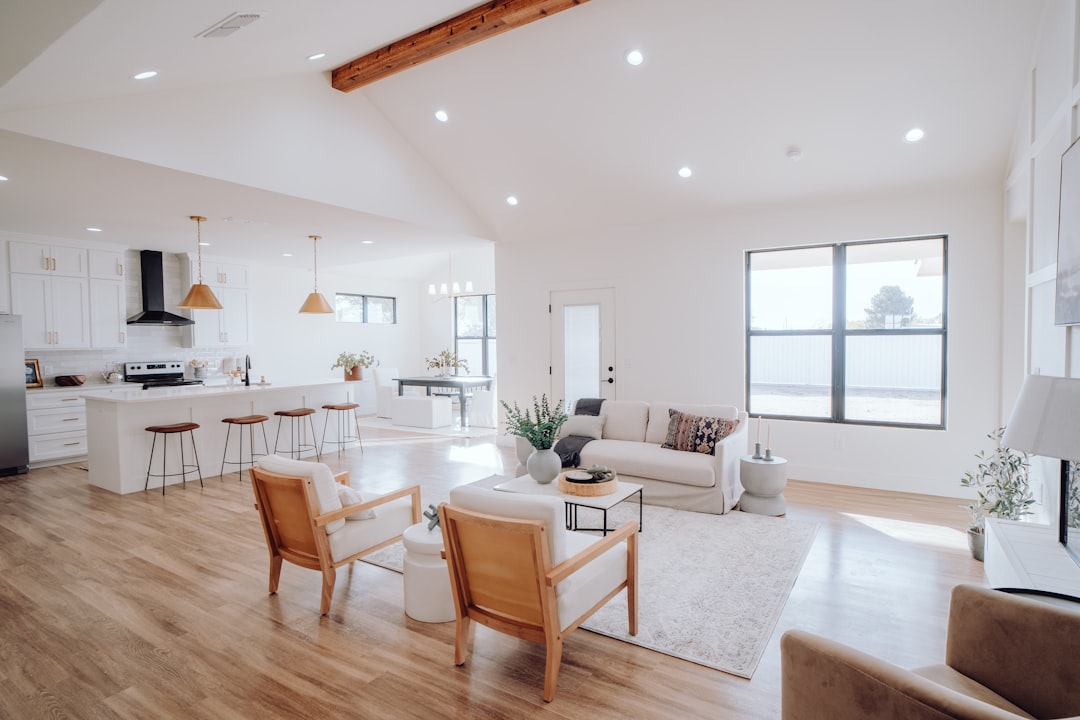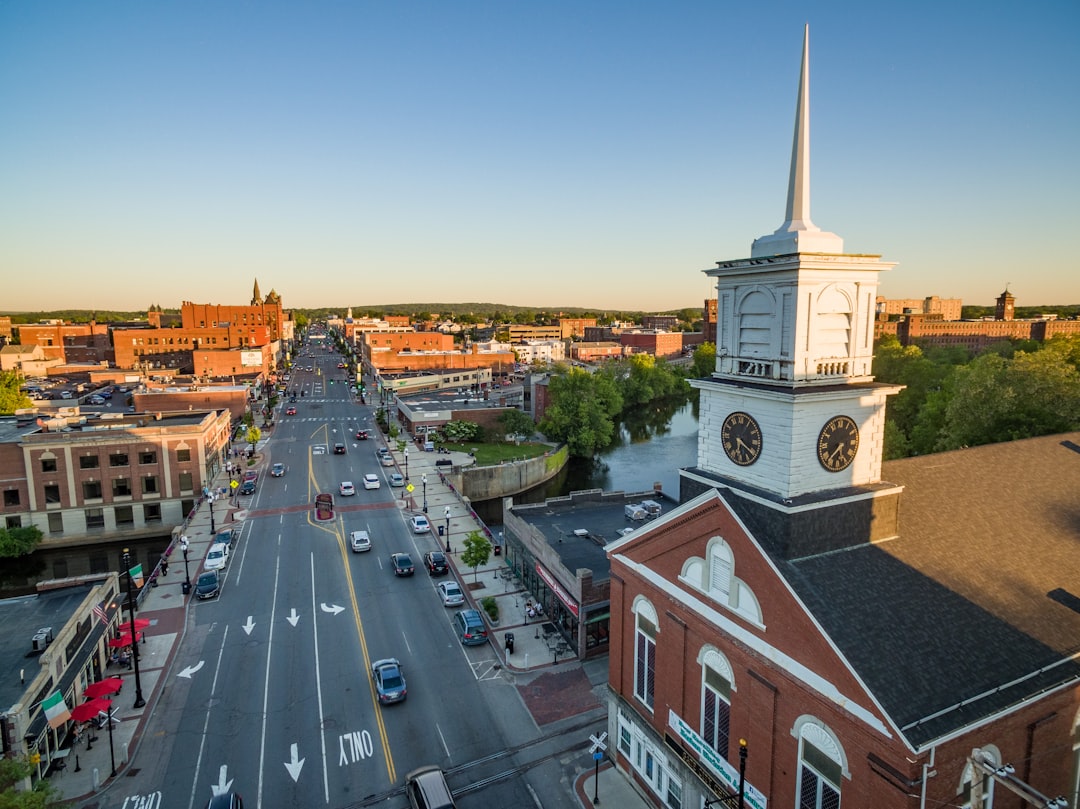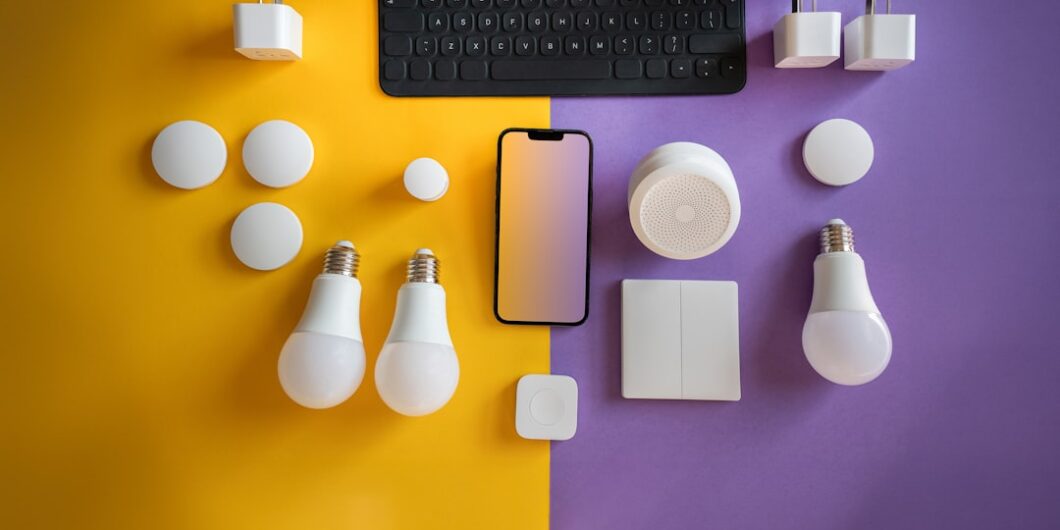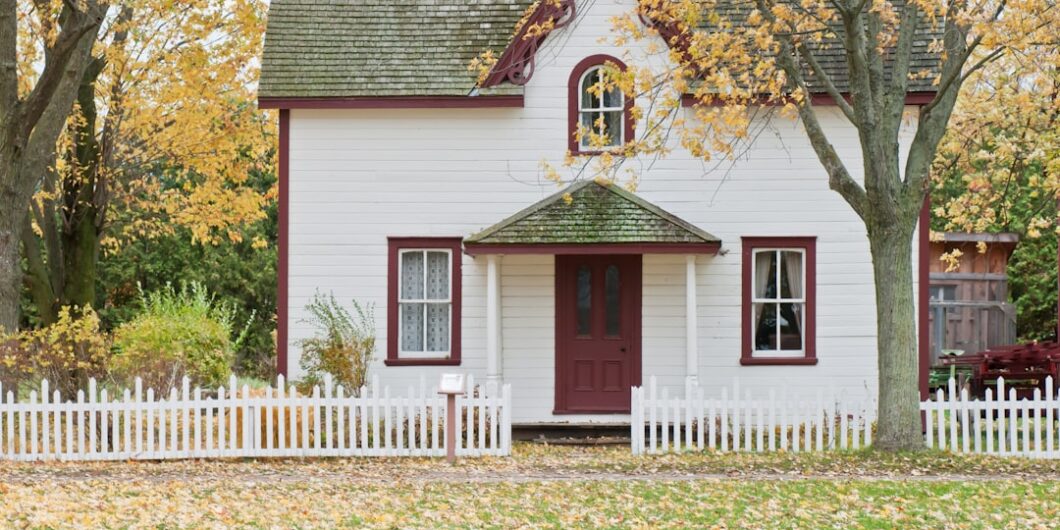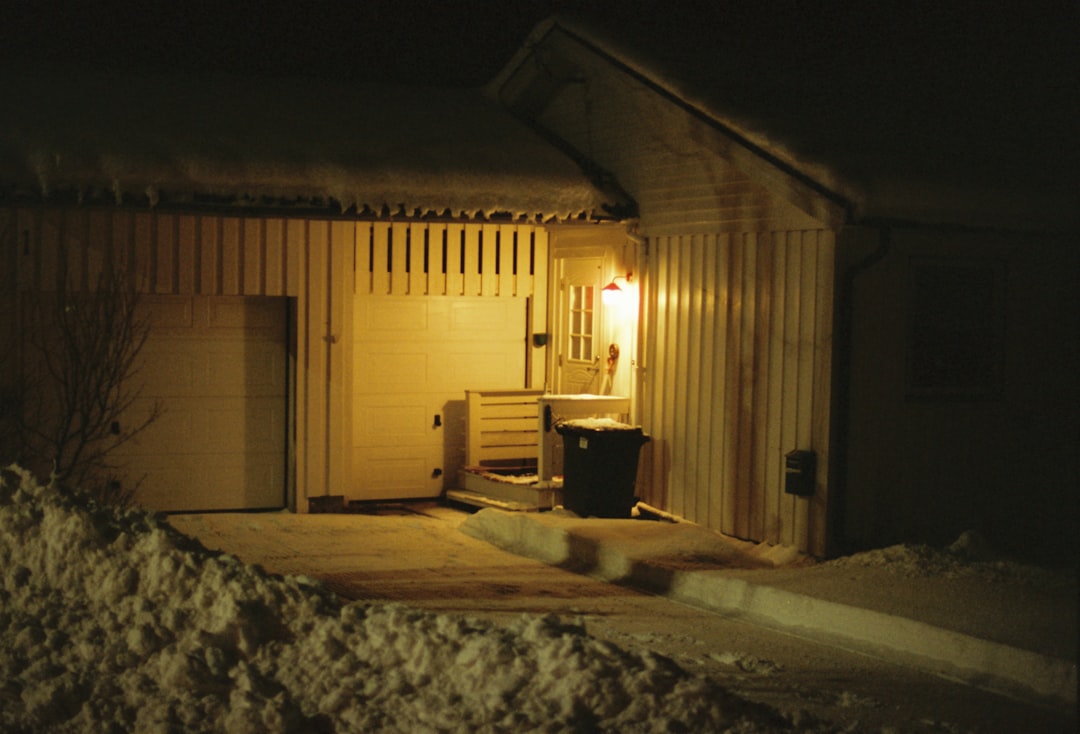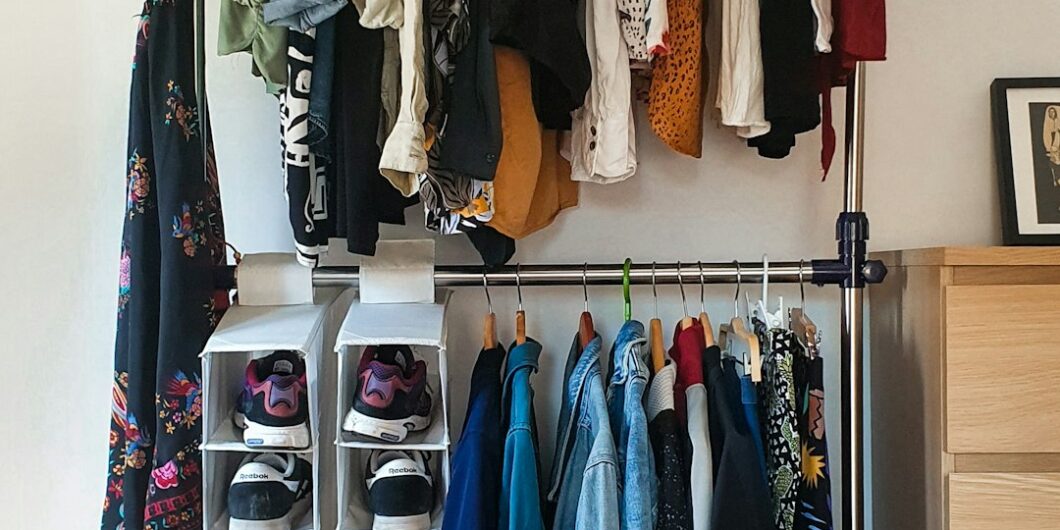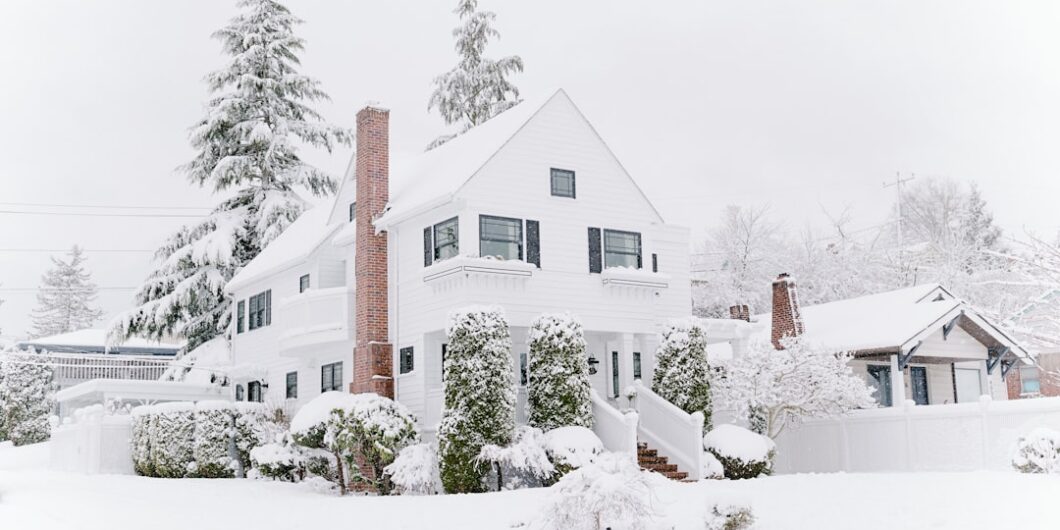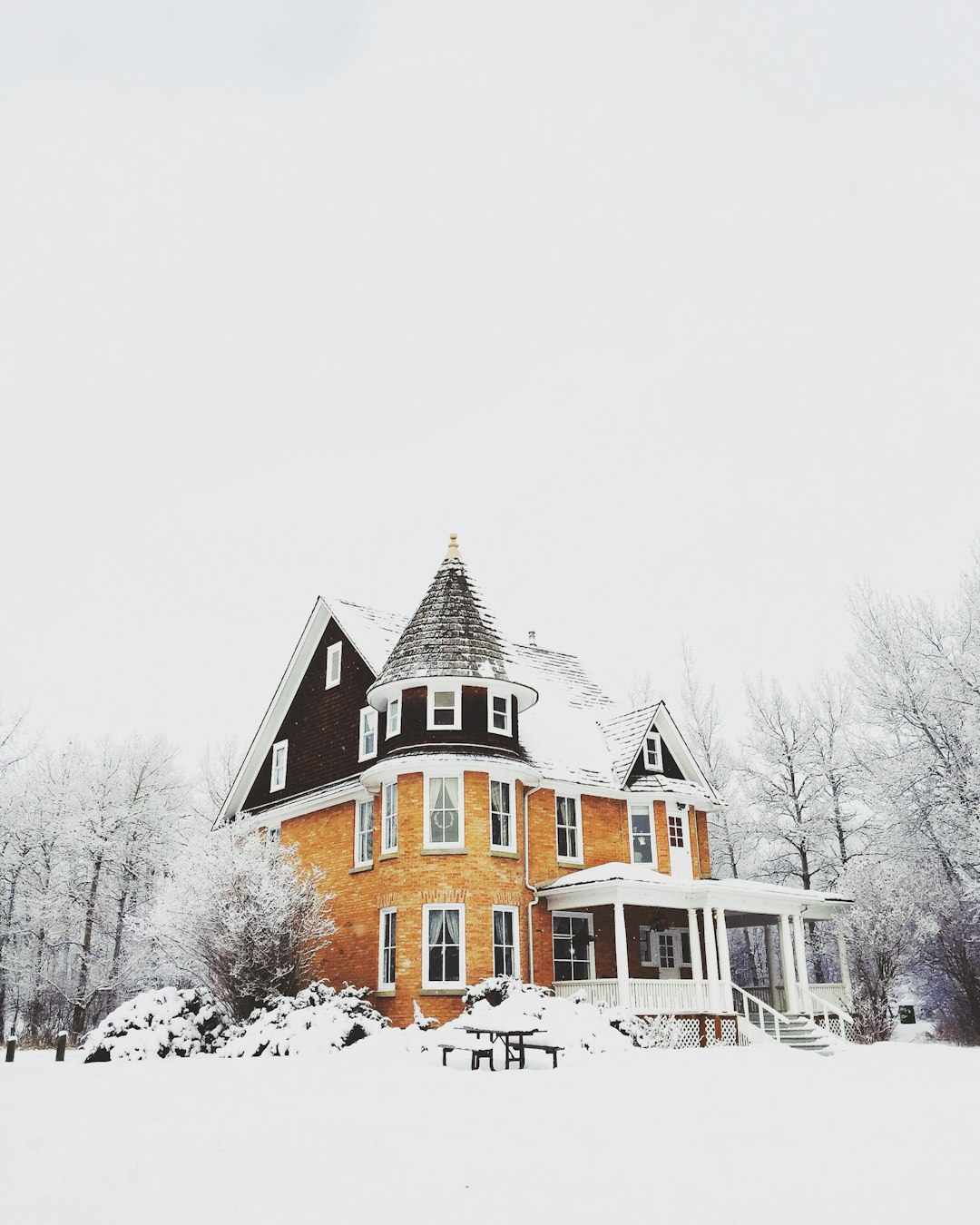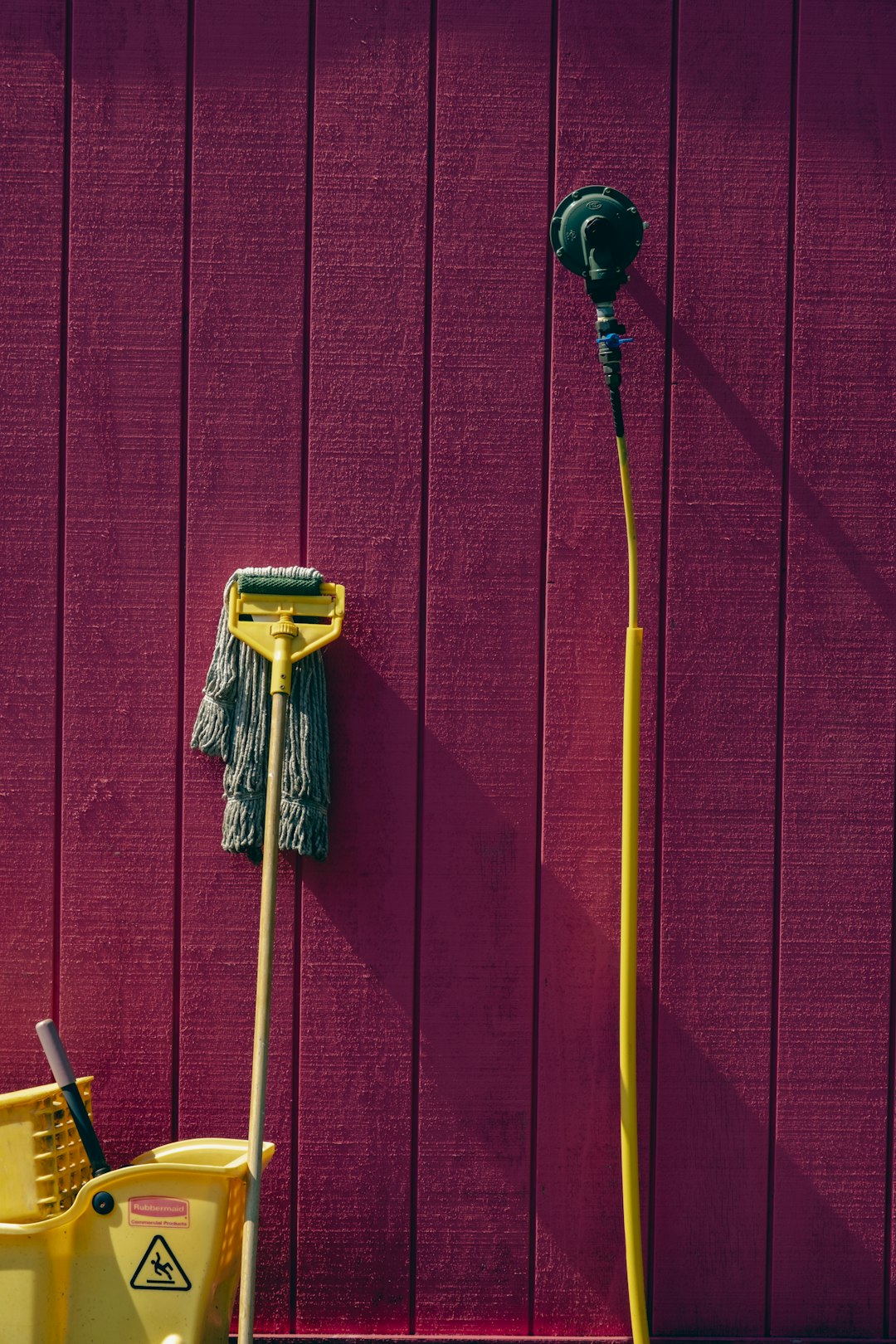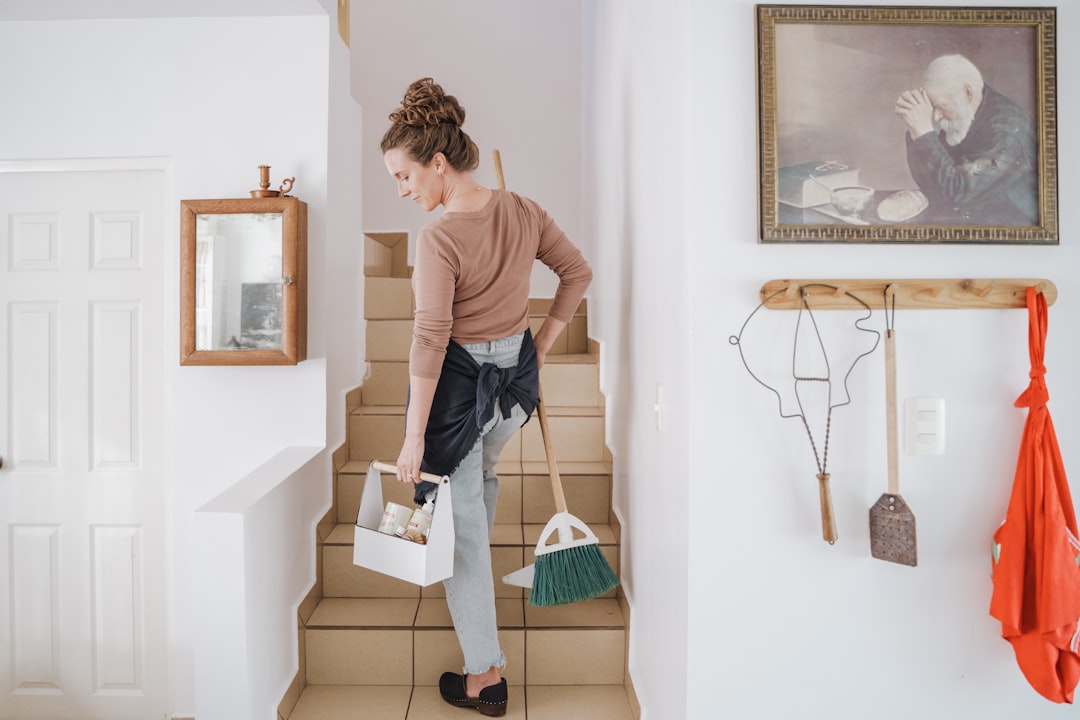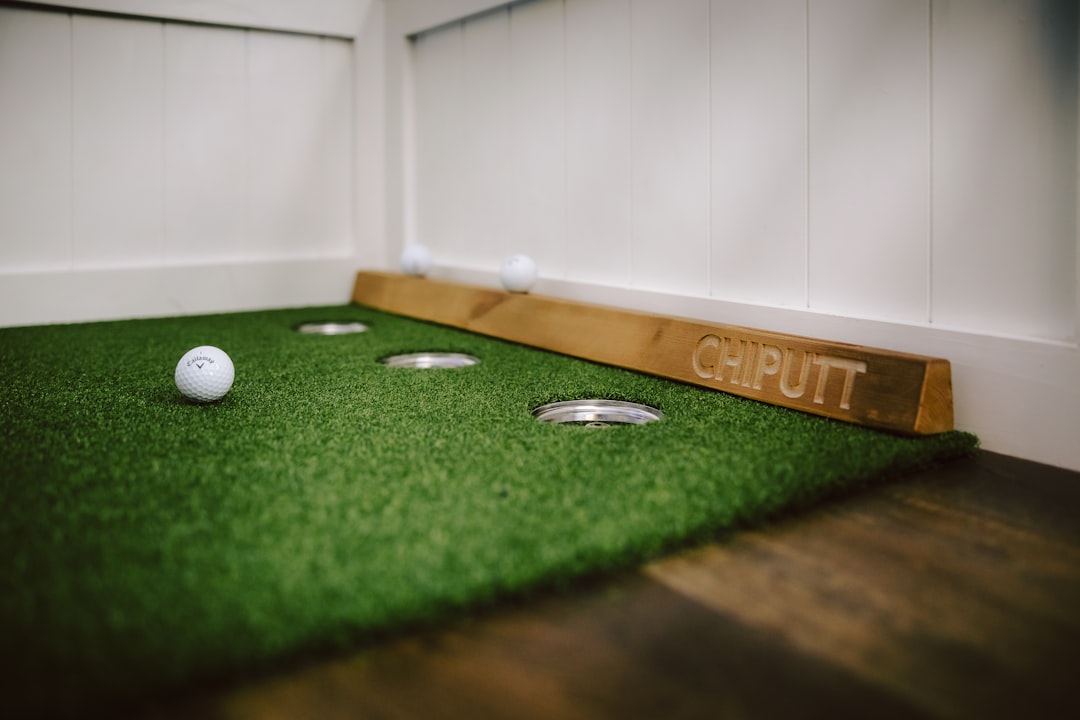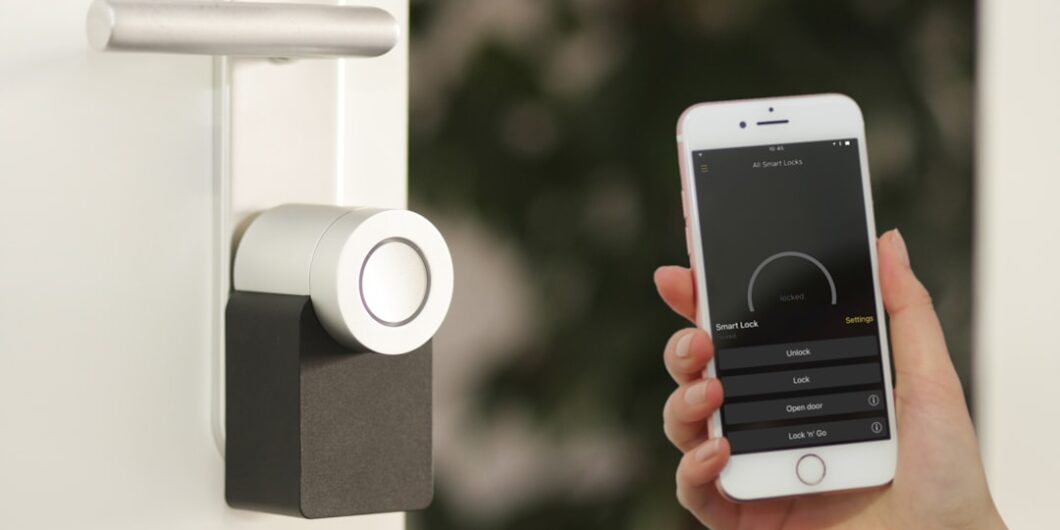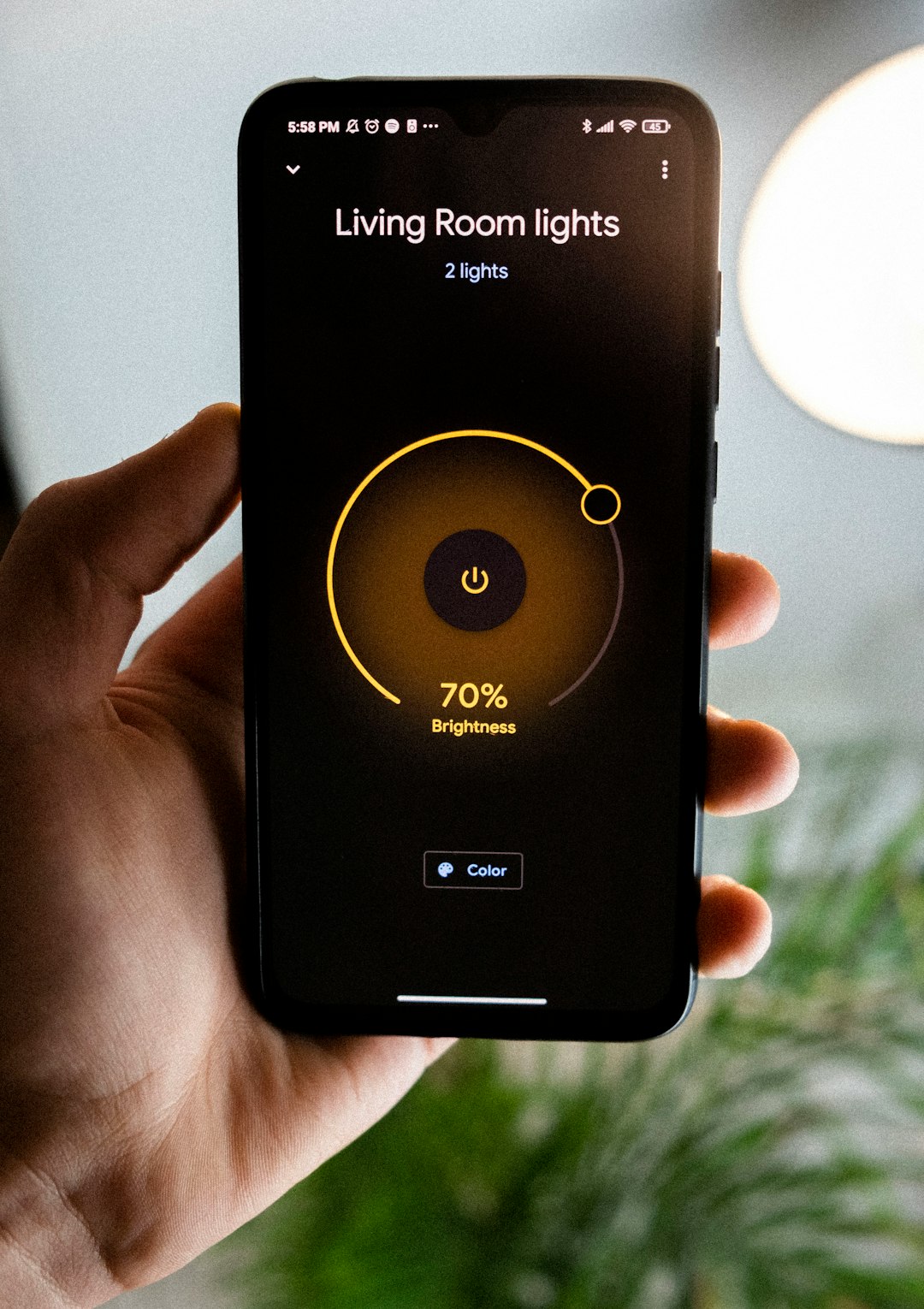How to Make Real Estate Investing a Full Time Career
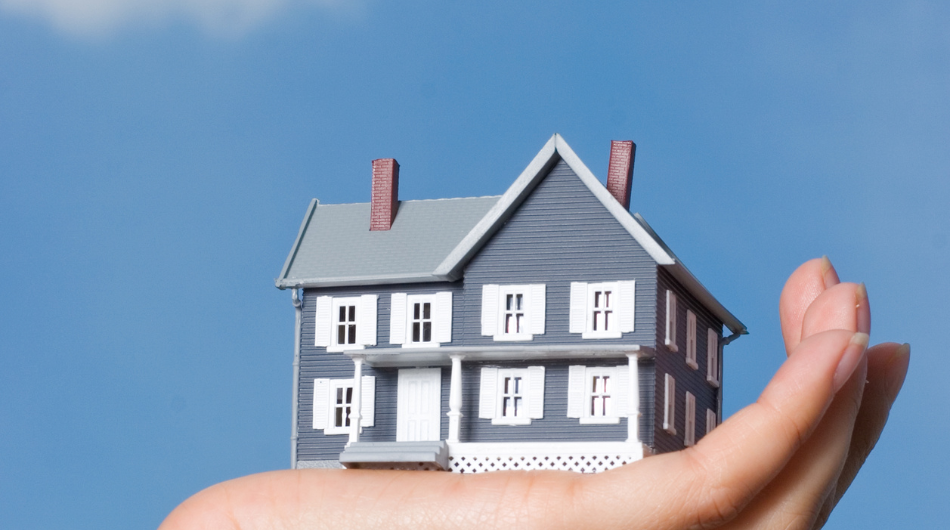
Many people dream about leaving their regular job and building a life filled with more freedom and financial stability. The truth is that many have already done it through real estate investing. This path can feel exciting and life changing once you understand how it works. The steps are simple but they must be followed with patience and focus. You can turn your interest in property into a full time business that supports your goals. This includes investing in local areas such as South Hudson houses for sale or other popular Southern NH houses for sale.
Real estate offers many ways to grow your income. Some investors choose rental properties. Some flip homes for profit. Others explore short term rentals or commercial buildings. When you learn the basics and build skills over time, you can create a business that grows with you. It does not matter if you are starting small. What matters is learning, planning, and taking steps every week.
Why Real Estate Investing Works for So Many People
Real estate can feel rewarding because it creates both short term income and long term value. You are building something real that stands on the land. People will always need places to live and work. This is why real estate stays strong in almost every economy. Property also grows in value over time which helps investors build wealth.
Another reason this field works is the flexibility. You can begin small with one rental. You can buy a fixer upper and make a profit. You can work part time while learning the ropes. As you feel more comfortable you can grow your business slowly or quickly. Many investors reach a point where they feel ready to go full time because the income becomes steady.
Real estate also creates emotional satisfaction. Investors enjoy helping families find homes. They enjoy improving neglected properties. They enjoy watching tenants thrive. It is a business that can feel personal which encourages loyalty and pride.
Learning the Basics Before Going Full Time
Every strong real estate career begins with knowledge. You need to understand what makes a property valuable. You need to learn how rental income works. You need to know local market trends. Luckily these things are easy to learn with practice.
Start by studying your local area. Look at prices in Nashua, Hudson, Londonderry, and other Southern NH towns. Pay attention to days on market and average rent. Notice which neighborhoods grow quickly. This simple research will help you make smarter choices later.
It also helps to understand common terms used in real estate investing. These include cash flow, equity, appreciation, cap rate, and return on investment. Learning these terms may feel strange at first but they become natural with use. You can read books, attend local seminars, or watch online videos. Make time each week to practice your skills.
Surround yourself with people who already invest. This can be through local real estate groups, networking events, or community meetings. Ask questions and learn from their experiences. Most investors enjoy helping beginners because they remember what it felt like to start.
Choosing Your Path in Real Estate Investing
There are many ways to invest because different personalities enjoy different strategies. You can decide which path fits your skills and comfort level.
Rental Properties
Many investors choose long term rental homes because they create steady monthly income. Rental homes can be single family homes, condos, or even small multi family buildings. You earn money each month while your tenant pays down the loan. You also earn value as the property increases in price.

Fix and Flip Homes
Some investors buy older homes that need repairs. They make improvements then sell for a profit. This path can earn larger paychecks but the risk can feel higher. It requires good contractors, strong budgets, and smart planning.
Short Term Rentals
Short term rentals can work well in tourist areas or busy towns. These properties are rented for days or weeks. They can earn more than traditional rentals but require more hands on management.
Commercial Investing
Commercial real estate includes office buildings, retail centers, and warehouses. These properties often have higher income but require more knowledge. Many investors enter this field later in their career.
The best path is the one that feels comfortable to you. There is no wrong place to start. Many full time investors begin by purchasing one rental home in their town. For example, investing in South Hudson houses for sale can be a great first step because the area stays in high demand.
Building Your Team for Long Term Success
Real estate feels easier when you are not alone. A solid team can support your career and help you grow safely. This includes a REALTOR who knows the local market. It includes a trustworthy lender who offers smart financing options. It includes contractors, inspectors, attorneys, insurance agents, and property managers.
Your REALTOR becomes one of your most valuable partners. They help you find strong deals. They help you understand neighborhood trends. They help you negotiate fair prices. They also help you avoid mistakes. A REALTOR with Southern NH experience can guide you to homes that appreciate well.
A good lender helps you secure financing for each deal. They explain different loan types and show which options fit your income and goals. They help you plan your credit and your future purchases.
Contractors help you repair and upgrade properties. Inspectors help you avoid hidden problems. Attorneys help you understand legal paperwork. Insurance agents help you protect your investments.
When you have a strong team, you feel more confident and ready to take bigger steps.

Understanding Financing Options for Investors
Real estate investing requires money but you do not need to be wealthy to begin. Many investors start with low down payment loans. Some use FHA loans. Some use conventional loans with small down payments. Others use creative financing such as seller financing or private lenders.
You can also use equity from your current home to make your first purchase. Homeowners in New Hampshire often have strong equity because prices have grown. Using equity wisely can help you buy your first rental or flip property.
It is important to understand your monthly expenses. You should know your mortgage payment, taxes, insurance costs, and repair budgets. When these numbers are clear, you can plan your income correctly. You will understand how much rent you need to make the property profitable.
The better you understand your money, the smoother your transition into full time real estate investing will feel.
Developing Daily Habits That Lead to Success
Full time real estate investors follow habits that keep their business strong. They check new listings each day. They study market changes. They visit open houses. They run numbers on possible deals. These habits keep their minds active and ready for action.
Investors also track their income and expenses. They monitor tenant issues and property conditions. They keep legal documents organized. They communicate clearly with their team. They plan ahead for maintenance and renovations.
Real estate investing becomes a full time career when you treat it like one. You do not need to work twenty four hours a day. You simply need a steady routine. Over time these habits create structure and help your business grow.
How to Handle the Emotional Side of Real Estate
Investing can feel exciting but also a little stressful at times. You may worry about making mistakes. You may feel nervous during negotiations. You may second guess yourself before buying your first property.
These feelings are normal. Every full time investor felt them at the start. The key is to move slowly and stay educated. Celebrate your small wins. Learn from your challenges. Over time your confidence will grow and decisions will feel easier.
Real estate also brings joy. You help families find rentals. You improve neighborhoods by updating homes. You build a business that supports your dreams. This emotional reward keeps many investors motivated.
Balancing Risk and Reward
Every investment includes some level of risk. Your goal is to control that risk. You do this through research, education, and planning. You also do this by keeping savings available for unexpected repairs.
Real estate usually becomes safer the longer you hold it. Property values grow. Mortgage balances drop. Rental income increases. When you plan for the long term, risk becomes smaller.
Many full time investors begin small to stay safe. They buy one home. They learn how to manage tenants. They build confidence. Then they buy another. This steady growth helps reduce risk and builds wealth at the same time.
Looking for Strong Markets in Southern New Hampshire
Southern New Hampshire remains a very strong area for new and experienced investors. Cities such as Nashua, Hudson, Londonderry, and Manchester attract renters and buyers year round. These areas offer good jobs, strong schools, and easy travel to Boston. This keeps demand high for rental homes.
Investors often enjoy stable results in towns like Hudson. South Hudson houses for sale remain popular because they offer great value and comfort. These neighborhoods make long term rentals easy to fill. They also give investors dependable appreciation.
Southern NH houses for sale offer many opportunities for flips and rentals. Many homes are older and ready for updates. These projects can increase value and create strong returns.
Building a Brand That Helps You Grow
When you choose to become a full time investor, it helps to build a brand. This does not need to feel complicated. It simply means presenting yourself as a professional who cares about quality.
You can create a simple website or social media page that shares your work. You can post photos of your renovations and rented homes. You can share real estate tips that help others. Over time people will recognize your name and trust your business.
A strong brand helps you find deals more easily. Sellers will reach out to you. Buyers will ask for your help. Other investors will want to partner with you. This becomes a powerful part of your long term success.
Knowing When You Are Ready to Go Full Time
There is no perfect moment where a sign appears and tells you to quit your job. You will know you are ready when your income feels steady and your confidence feels strong. Most investors feel prepared once they have at least two or three successful properties.
Before going full time, make sure your financial safety net is strong. Keep savings available for repairs and slow months. Create a plan for your next five deals. Review your goals and update your budget.
You will feel a mix of excitement and nervousness. This is normal. That feeling means you are stepping into something meaningful. With time, your business will grow and your confidence will increase.

A Career Built on Courage and Smart Choices
Turning your passion for real estate investing into a full time career is possible when you build knowledge, create habits, and surround yourself with strong partners. The journey takes patience but it also brings excitement and pride. When you choose the right properties such as Southern NH houses for sale or South Hudson houses for sale, you create long term stability.
The best part is that you can shape your career to fit your life. You can grow slowly or quickly. You can focus on rentals or flips. You can adjust your plan whenever needed. When you use the principles of real estate investing with care, your future becomes brighter and more secure.
This path has already changed the lives of many investors. It can change yours too. With courage, focus, and the right guidance, you can build a full time real estate career that feels rewarding every single day.
If you need more tips on real estate investing, or are ready to sell your house give us a call at (603) 883-8840. You can also sign up for your dream home search or reach out to Our Agents for more information. We’d love to help you with your real estate needs.
